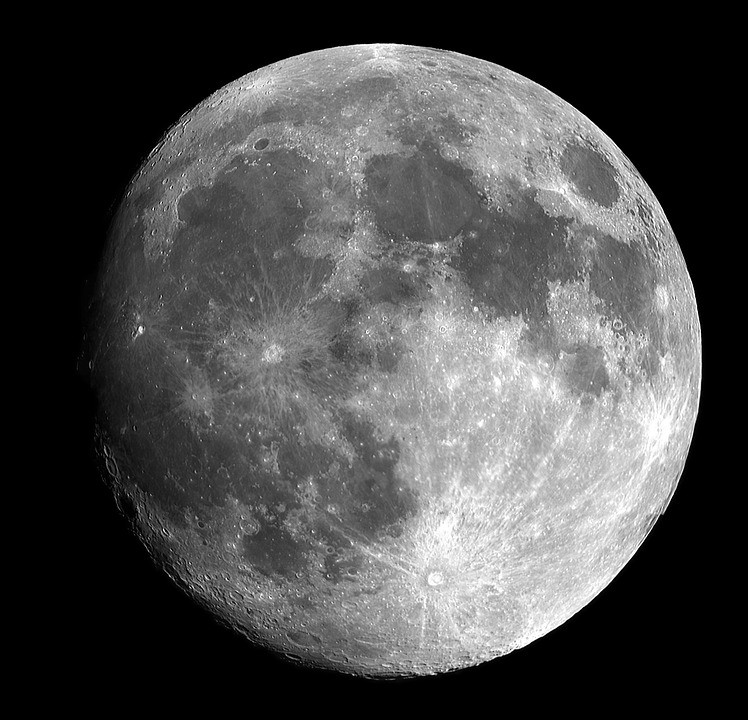Located approximately 384,000 kilometers from Earth, the Moon is the eternal companion of our planet. But what would really happen if she disappeared tomorrow?
The Moon is leaving us, slowly but surely, moving away about 3 cm/year . 66 million years ago, for example, the day the non-avian dinosaurs became extinct, it was closer to about 1,950 km. Several billion years ago, it was therefore even closer. Due to this, its influence on our planet was much stronger.
“At that time, if the Moon had disappeared, a lot of things would have changed drastically , explains Matthew Siegler, lunar researcher at the Planetary Science Institute in Dallas, Texas (United States). On the other hand today, it is far enough that most of these changes are only felt over the very long term .
In the end, if the Moon were to disappear tomorrow, with the wave of a magic wand, we wouldn't notice much, apart from its absence. Some effects would still be felt, especially on the tides. The latter would initially be approximately half as large , but not completely absent. It should indeed be known that if indeed the Moon influences the terrestrial tides, the Sun does it also. And our star will always be there.
These changes in the tides could influence ocean currents and therefore the weather. But these effects would probably not be so noticeable.
The absence of the Moon could also have an influence on nocturnal animals that have evolved over millions of years with it. Moths , for example, sail in the light of the moon and stars, just like newly hatched turtles , which rely on our satellite to make their way to the ocean.

It is also the Moon that influences the earth's rotation speed around its axis. Its attraction currently increases the length of a day by about two milliseconds per century . If it had disappeared three billion years ago, our lives would have been turned upside down. But today, these changes would not be very noticeable.
The Moon also helps keep Earth's tilt at 23.5 degrees . Without it, our planet would wobble much more, dramatically affecting the seasons and Earth's climate . “Everything we know about seasons would be completely out of whack , explains Paul Sutter, astrophysicist at the Flatiron Institute. In some places on the planet, people would hardly ever see the sun, and in others, the sun would hang for months .
Still, these tilt changes would happen so slowly that we probably wouldn't even notice them in our lifetime. Our descendants, in a few thousand years, on the other hand, could have many more problems.
Source
Related articles: